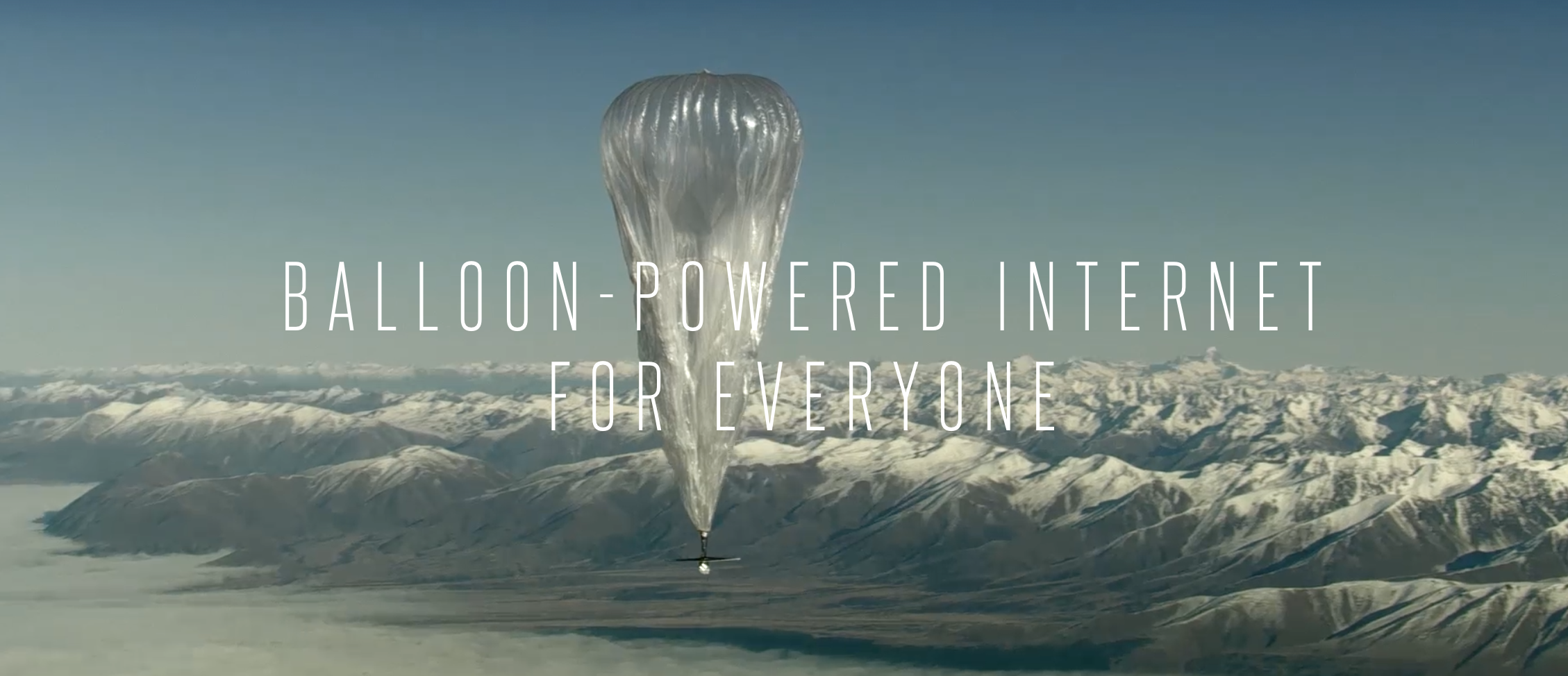By Meredith Dillard
Millions of people across the world will flick a light switch without a second thought. To many, having electricity is a given; it’s something that has been around for hundreds of years. Although electricity is not a new concept, it has yet to reach everyone that needs it. According to the International Energy Agency, 1.2 billion people across the globe lack the access to electricity. Fortunately, this problem has not gone unnoticed. Sikubora, a social enterprise, is working to provide solar power to the over 40 million people in Tanzania without access to electricity.
The potential for solar energy is Tanzania is great. Currently, 70% of Tanzanians lack electricity. Instead, their energy is supplied through the use of biomass and kerosene, which is both expensive and dangerous. Additionally, Tanzania is located close to the equator. As a result, it receives an extraordinary amount of sunlight, which makes solar energy a reliable source throughout the year.
Sikubora offers solar systems ranging from three hundred to eight hundred dollars. The most inexpensive model includes lights, a radio, a flashlight, and the ability to charge cellphones. The most expensive model has the added benefits of a television and the ability to power more lights and appliances. All models come with installation, maintenance services, and the guarantee to last twenty-five years. In order to make these systems more accessible, Sikubora employs a 36-month finance program that allows a customer to make payments over a period of time as opposed to paying the entire sum immediately. Sikubora has also been able to utilize the popularity of mobile money to facilitate easy collection of payments for these products. This is especially important because of the unreliable banking sector in Tanzania.
The cost of paying off a Sikubora solar system is about forty-six cents a day. While this does not sound like a lot of money, it is a substantial amount for those living on less than one dollar a day. So, Sikubora’s target market is not those living at the “bottom of the pyramid,” but rather those in Tanzania’s emerging middle class. Jeff Hollister, the CEO and co-founder of Sikubora, has said that one of the biggest challenges for Sikubora is raising capital because most impact investors prefer to put their money towards the poorest of the poor. Although those in Sikubora’s target market are not living on less than one dollar a day, they are still lacking a basic necessity that is important to provide.
Sikubora employs a number of Tanzanian engineers, most of whom are graduates from the Arusha Technical College. Sikubora also hires co-op students from Northeastern University. Previously, Sikubora has targeted students from the College of Engineering, but Jeff Hollister, a Northeastern Alum himself, has expressed interest in hiring a co-op from the D’Amore-McKim School of Business. If you would like to contribute to this electrifying enterprise, consider applying, and help Sikubora achieve its goal of providing solar energy to all Tanzanians.
Sources used: https://www.iea.org/topics/energypoverty/
http://www.sikubora.com/


